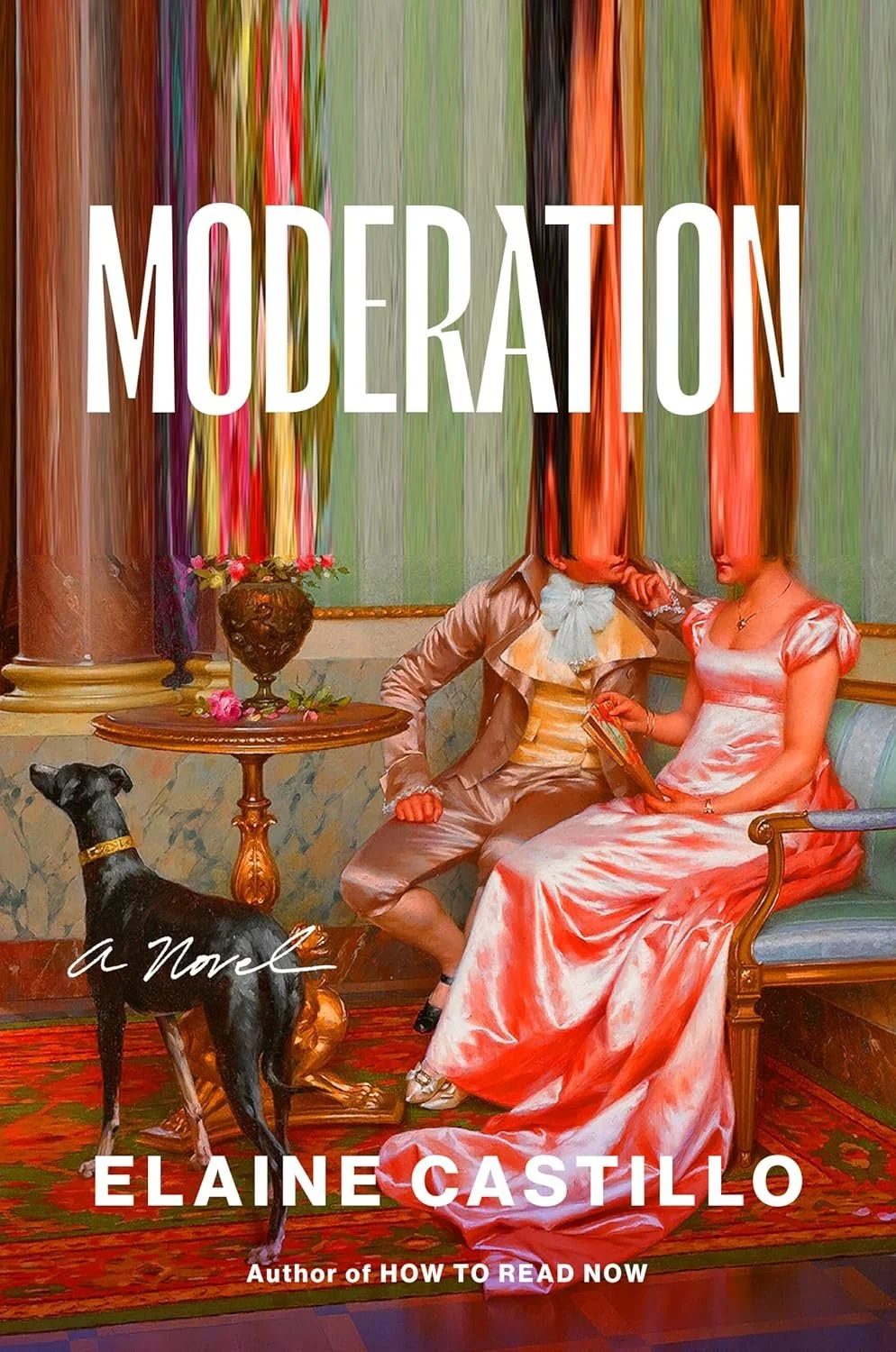Dead Animals, Phoebe Stuckes
“The atmosphere is dark and oppressive, with an underlying rage and tension bubbling throughout the narrative that eventually explodes in a shocking denouement.”
In Dead Animals by Phoebe Stuckes, our unnamed narrator wakes up with a man after a party with blanks in her memory. All she knows is that she has marks on her body that indicate some kind of violent assault against her, so she takes photographic evidence of the injuries without really knowing what she will do with them.
As she tries to go about her somewhat lonely life, working as a waitress, living in a tiny bedsit, and sharing fragile bonds with her co-workers, she meets Helene, who she discovers has had a similar experience with the man our narrator came into contact with. Helene is filled with rage, and is hell bent on exacting revenge on the perpetrator for what he has done to them both.
The two women bond over their experiences at his hands and embark on a relationship, with Helene as the driving force behind wanting to punish him, and our narrator still plagued by nightmares and a disconcertingly fragmented memory.
The experience seems to haunt our protagonist, not only mentally, but physically, with an almost supernatural element to the way the trauma follows her, through strange noises, shadows, and plates breaking spontaneously. This weird, uncanny thread was a real draw for me, and I loved the way Stuckes weaves this representation of trauma through the narrative of this young, disparate woman. The atmosphere is dark and oppressive, with an underlying rage and tension bubbling throughout the narrative that eventually explodes in a shocking denouement.
This is a short novel told in a sharp, staccato style. Dead Animals deals with themes of sexual assault, trauma, class, revenge and trying to belong. It’s a confronting read, and Phoebe Stuckes doesn’t shy away from tackling difficult subjects. I thoroughly recommend it.
Editorial Picks




